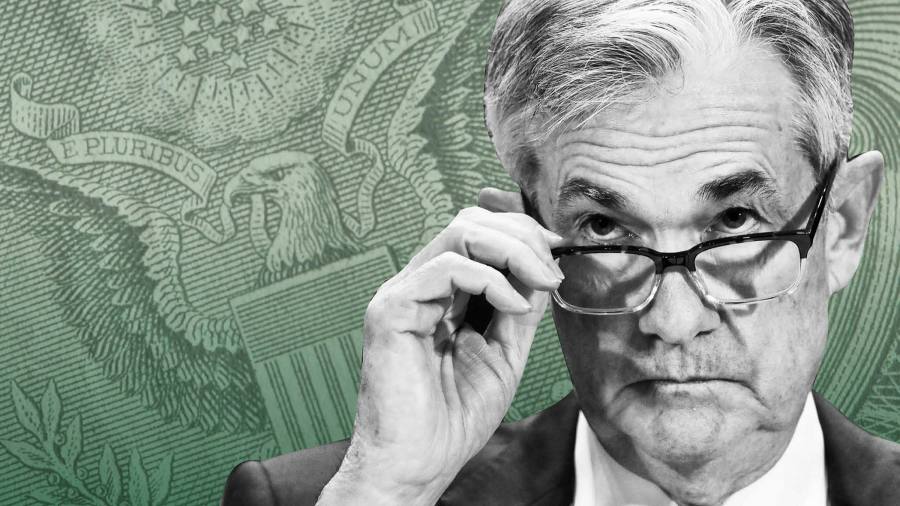European stocks and Wall Street futures paused on Monday after stocks were propelled to record highs last week by positive economic data, strong corporate earnings and key central banks asserting policies easy monetary.
The Stoxx Europe 600 stock index traded flat after hitting an all-time high last week. London’s FTSE 100 was also flat on Monday morning, while futures following the US S&P 500 stock index gained 0.1%.
Fearing that high rates of global inflation could worsen profit margins, total quarterly profits of Stoxx-listed companies have exceeded analysts’ expectations by 7 percent so far, according to Goldman Sachs.
S&P 500 companies beat expectations by 10%, in total, according to FactSet. Analysts’ forecasts compiled by the data provider suggest year-over-year profit growth will now moderate as strong earnings recovery after 2020 coronavirus shocks fades into the background .
“We’re probably not going to see the same kinds of returns in 2022,†said Zehrid Osmani, manager of Martin Currie’s Global Portfolio Trust. “Next year is clearly a year of much lower earnings forecasts, as this year has been a year of recovery,†he said, after companies weathered the economic shocks of 2020. “Additionally , monetary policy will shift from accommodative to normalization. ”
Major Wall Street Stock Indices ended last week at record highs after monthly labor market data beat analysts’ expectations, Pfizer reported late-stage positive trials for its Covid-antiviral pill- 19 and the Federal Reserve has promised “patience” with interest rate hikes.
On Friday, the S&P 500 had closed at all-time highs for seven consecutive trading sessions. It is now 25% higher this year and has more than doubled since the coronavirus-induced market rout in March 2020.
The yield on the 10-year US Treasury bill, a benchmark for global borrowing costs, rose 0.03 percentage point to 1.486 percent as the price of debt fell. However, this key return on debt fell nearly 1.7% at the end of October as traders became more relaxed about the timing and pace of future interest rate hikes.
Government bonds rallied last week as the Fed made a well-telegraphed decision to cut its $ 120 billion in monthly bond purchases that have reduced borrowing costs since March 2020, while the Chairman Jay Powell said “we don’t think there is yet time” to increase borrowing costs as well. The Bank of England also kept interest rates at 0.1% after signaling it was ready to hike them.
In Asia, Hong Kong’s Hang Seng index fell 0.4 percent and Tokyo’s Nikkei 225 closed down 0.4 percent as traders became cautious as the party’s sixth plenum began in the power in China, which should pave the way for President Xi Jinping to obtain an unprecedented third term.
Xi’s administration cracked down on speculation in the real estate sector, which economists have calculated to account for 29% of China’s gross domestic product, contributing to financial pressures on indebted home builders such as Evergrande, which has missed payment of interest on certain bonds.
Other market movements:
-
Brent crude, the benchmark for oil, rose 1.2% to $ 83.55 a barrel as sentiment in commodities markets was boosted by the 1.2 infrastructure spending bill. billion dollars from US President Joe Biden approved by the House of Representatives on Friday night.
-
European contracts for natural gas for December delivery rose 4.3% to € 77.2 per megawatt hour as hopes of Russia increasing its supplies to resolve concerns over shortages faded.
-
The Dollar Index, which measures the US currency against six others, traded flat ahead of monthly US inflation data released on Wednesday.

